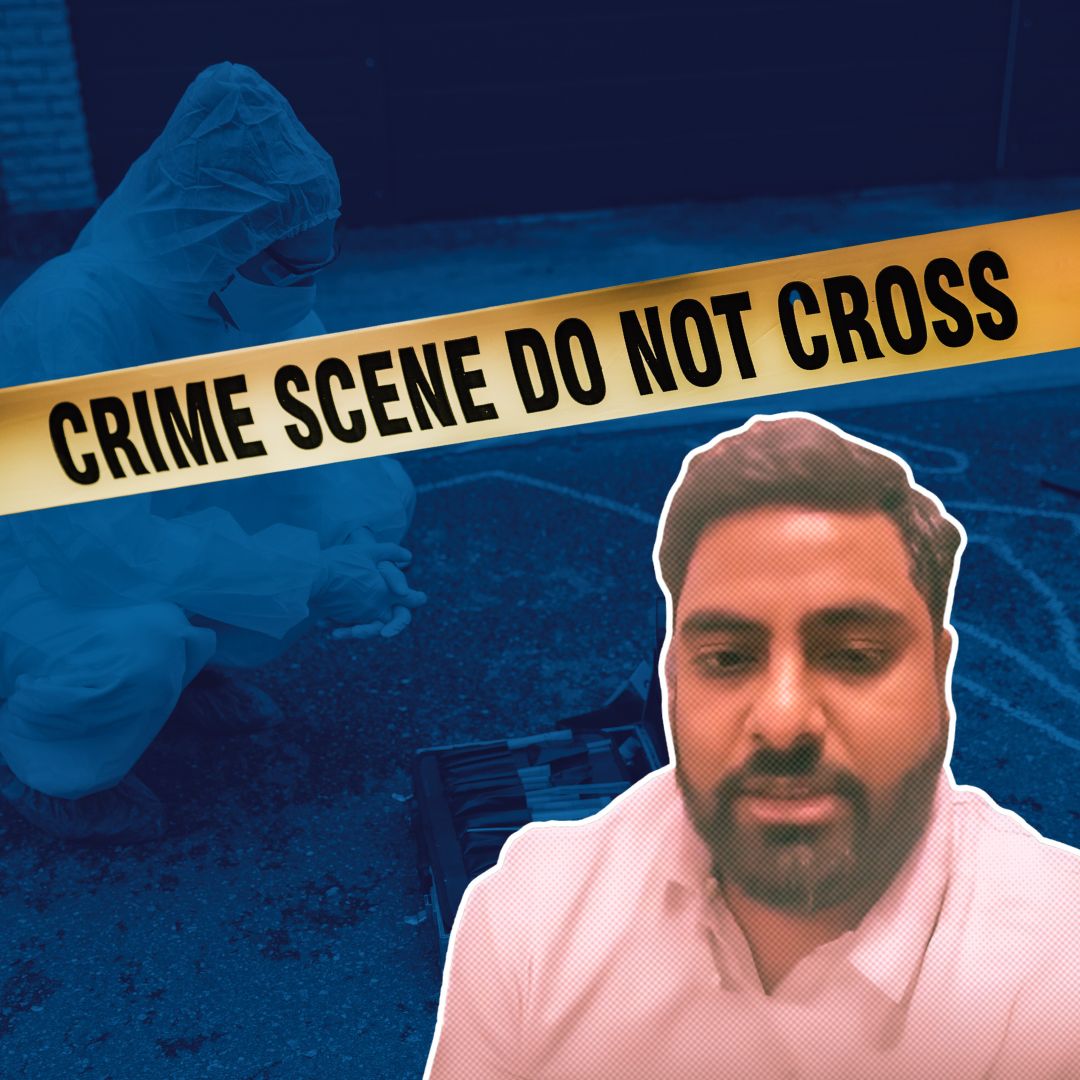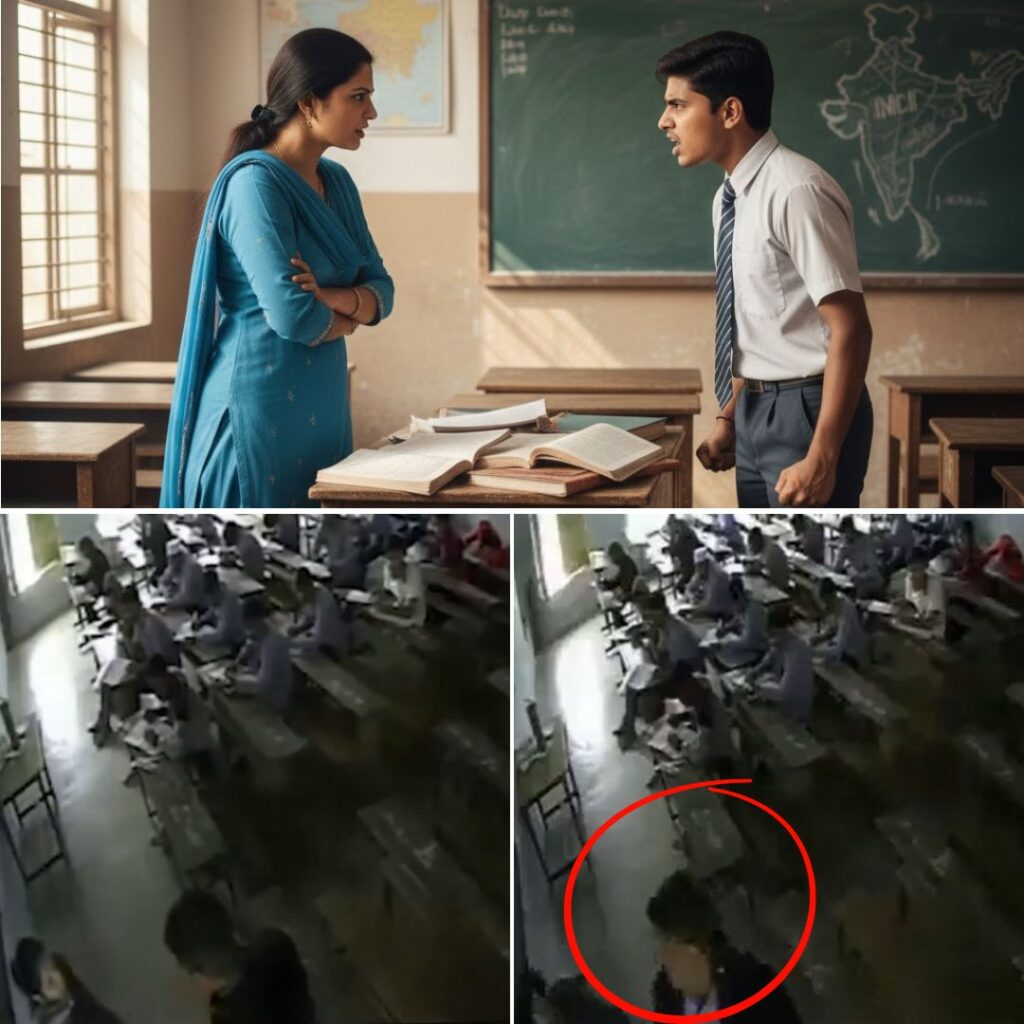Mohan Varshney, a 42-year-old resident of Kailash Nagar, Delhi, died by suicide after allegedly facing harassment over a mounting debt. In his final video, he allegedly blamed financier Sanjeev Jain, stating he had paid interest for eight years on a ₹50,000 loan taken in 2014, which had allegedly grown to ₹10 lakh. Police have arrested Jain following Varshney’s wife’s complaint, and an investigation into the case is ongoing.
Debt Trap Leads to Tragedy
The tragic incident has sent shockwaves through the community in Delhi, highlighting the severe consequences of alleged predatory lending practices. In a heart-wrenching video recorded before his death, Mohan Varshney expressed the immense financial pressure he allegedly endured, stating, “I have no way left. I have paid a lot of money. I have vacated the house.”
Despite years of repayments, his debt allegedly ballooned due to exorbitant interest rates and relentless pressure from Jain. Witnesses claim that Varshney often appeared distressed and overwhelmed by his financial situation. Local authorities have registered a case of abetment to suicide against Jain and are actively investigating the allegations of threats and intimidation that Varshney reportedly faced.
A Decade of Financial Struggle
Mohan’s ordeal allegedly began in 2014 when he took out what seemed to be a manageable loan of ₹50,000 from Sanjeev Jain. However, over the years, relentless interest payments and alleged harassment transformed this small loan into an insurmountable debt that grew to ₹10 lakh. Friends and family have recounted how Varshney struggled to keep up with payments while trying to maintain his livelihood.
Reports suggest that he even had to vacate his home due to financial strain. This tragic case highlights not only the personal toll of unregulated lending practices but also raises questions about the systemic issues surrounding informal lending in India. Many individuals find themselves trapped in similar cycles of debt, often with little recourse or support.
Community Outrage and Calls for Justice
Following Varshney’s death, local residents have expressed their anger and concern over the circumstances surrounding this tragedy. Community members have gathered to demand justice for Mohan and accountability for predatory lenders like Sanjeev Jain. Activists are calling for immediate reforms in moneylending practices to protect vulnerable individuals from falling into similar traps.
They argue that stricter regulations are necessary to ensure transparency in lending terms and prevent exploitative interest rates that can lead to devastating consequences for borrowers. Many are also advocating for mental health support services for those struggling with financial distress, emphasising the need for a compassionate approach to such crises.
The Role of Financial Literacy
This incident also underscores the importance of financial literacy in preventing similar tragedies. Many borrowers may not fully understand the implications of loans or the potential consequences of high-interest rates. Community organisations are now pushing for educational programs aimed at improving financial literacy among residents, particularly those in economically disadvantaged situations.
By equipping individuals with knowledge about responsible borrowing and financial management, it may be possible to reduce the risk of falling into crippling debt.
The Logical Indian’s Perspective
This heartbreaking incident calls for immediate action against allegedly exploitative lending practices and greater support for those facing financial distress. It is crucial to promote ethical financial systems and mental health awareness to prevent such tragedies from occurring again in the future.
As a society, we must foster an environment where individuals feel safe seeking help without fear of stigma or judgement. How can we work together to ensure justice for victims like Mohan and create safeguards against financial exploitation? We encourage our readers to share their thoughts and be part of this important dialogue, as collective action can lead to meaningful change in our communities.
Instead of decreasing, this amount increased to 10 lakh rupees.
— Siraj Noorani (@sirajnoorani) March 26, 2025
Mohan said – "I have no way left. I have paid a lot of money. I have vacated the house. This person is responsible for my death. I have never done anything wrong, I have never cheated anyone."
2/2












